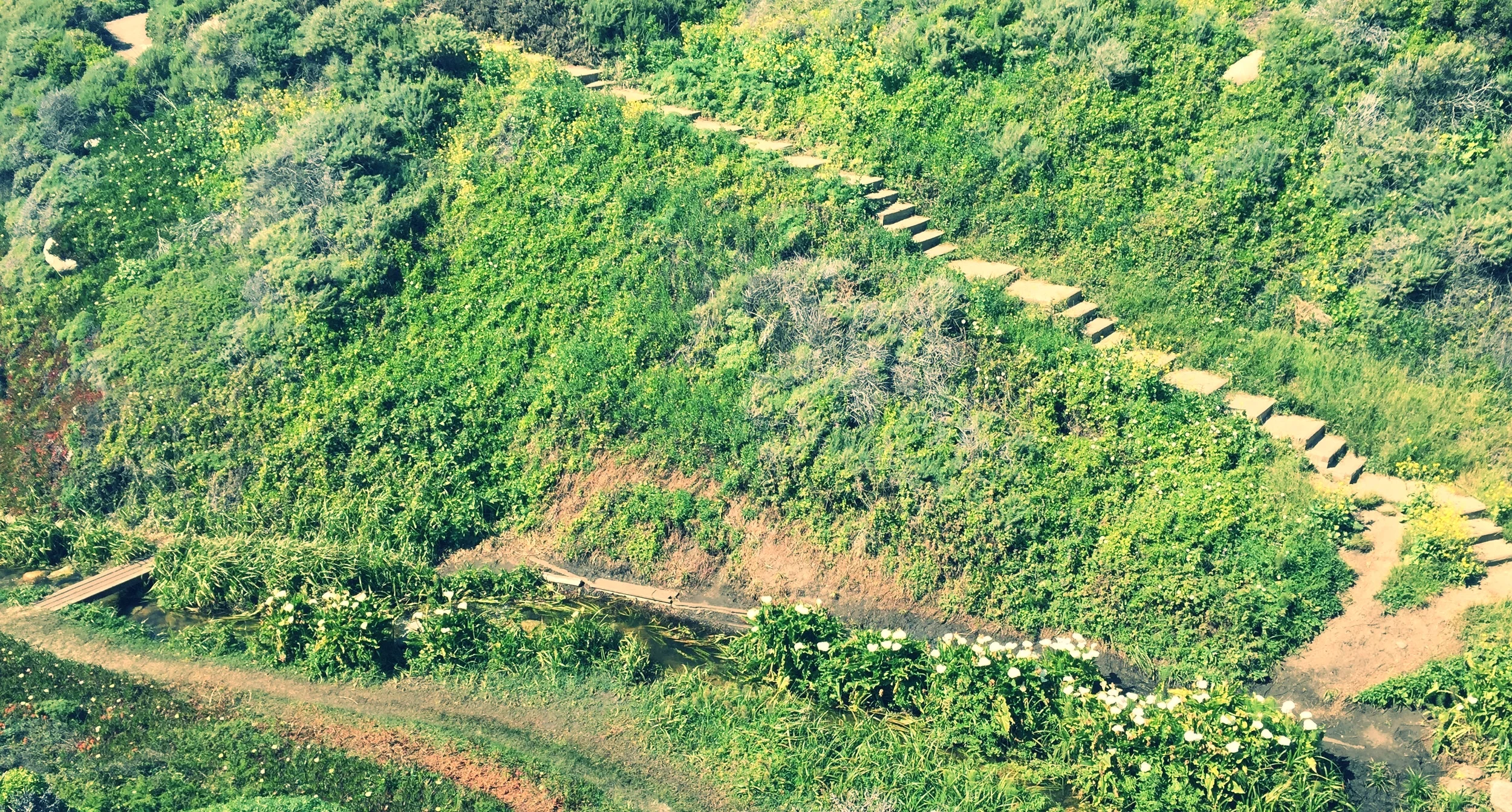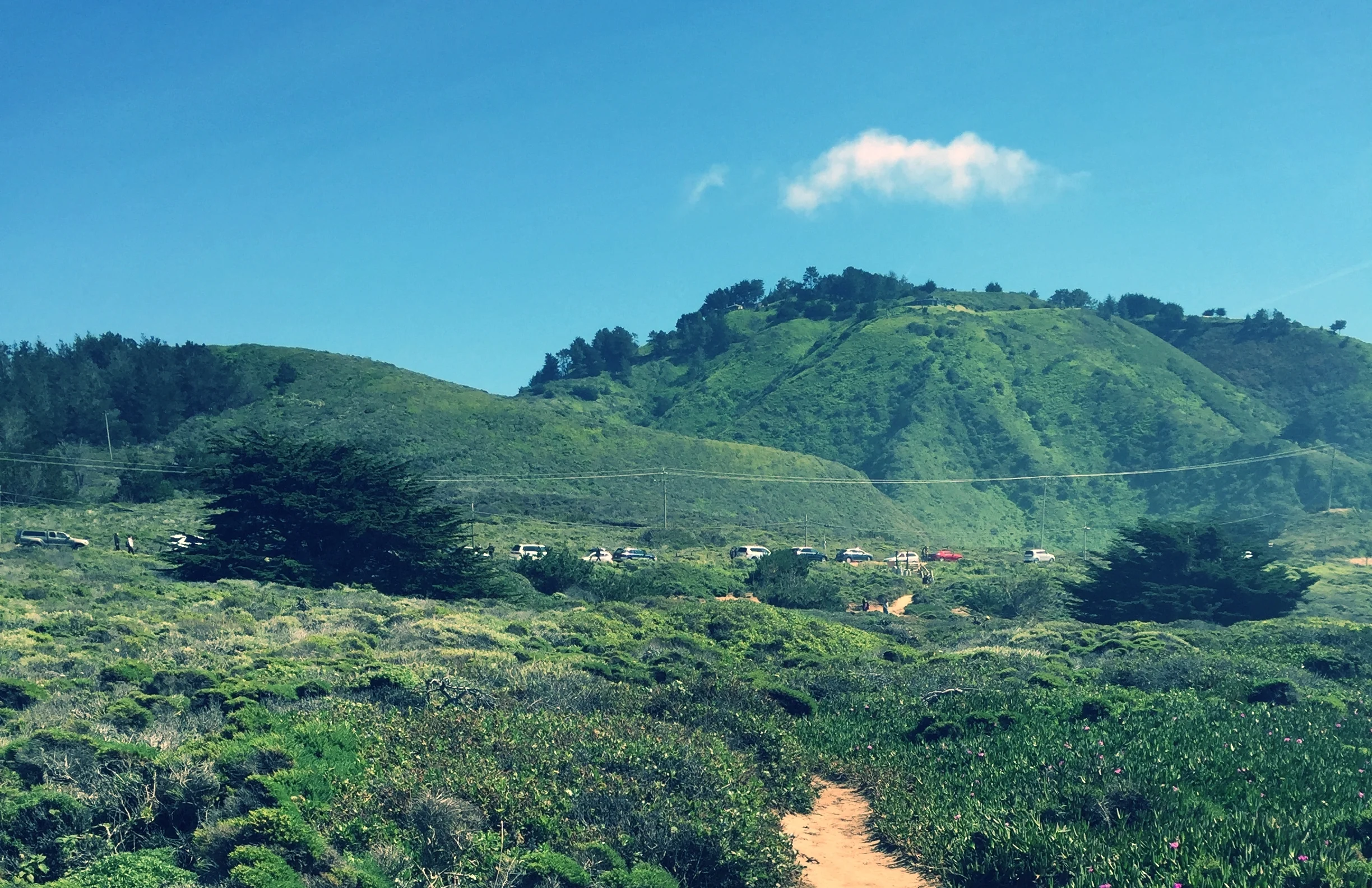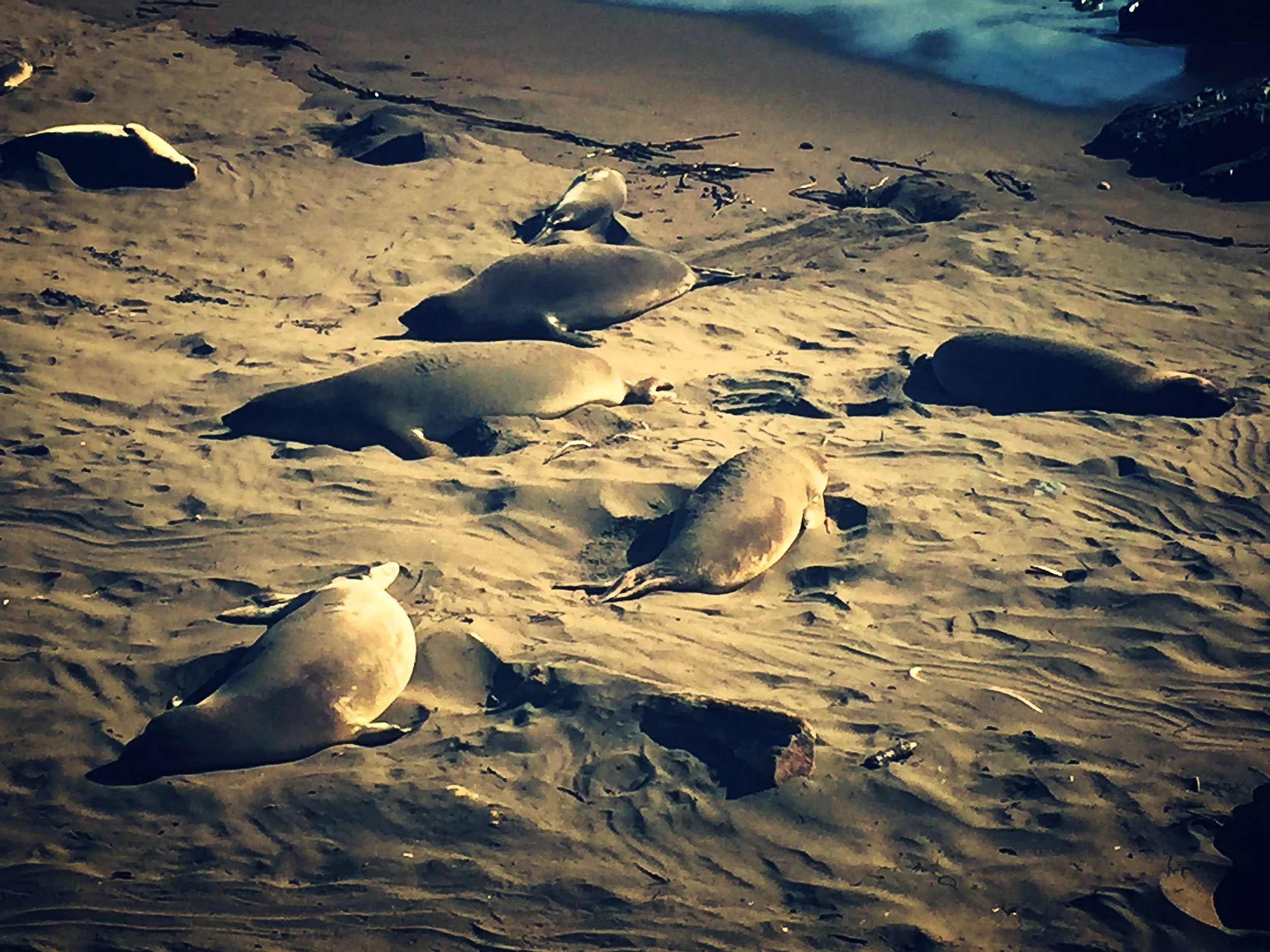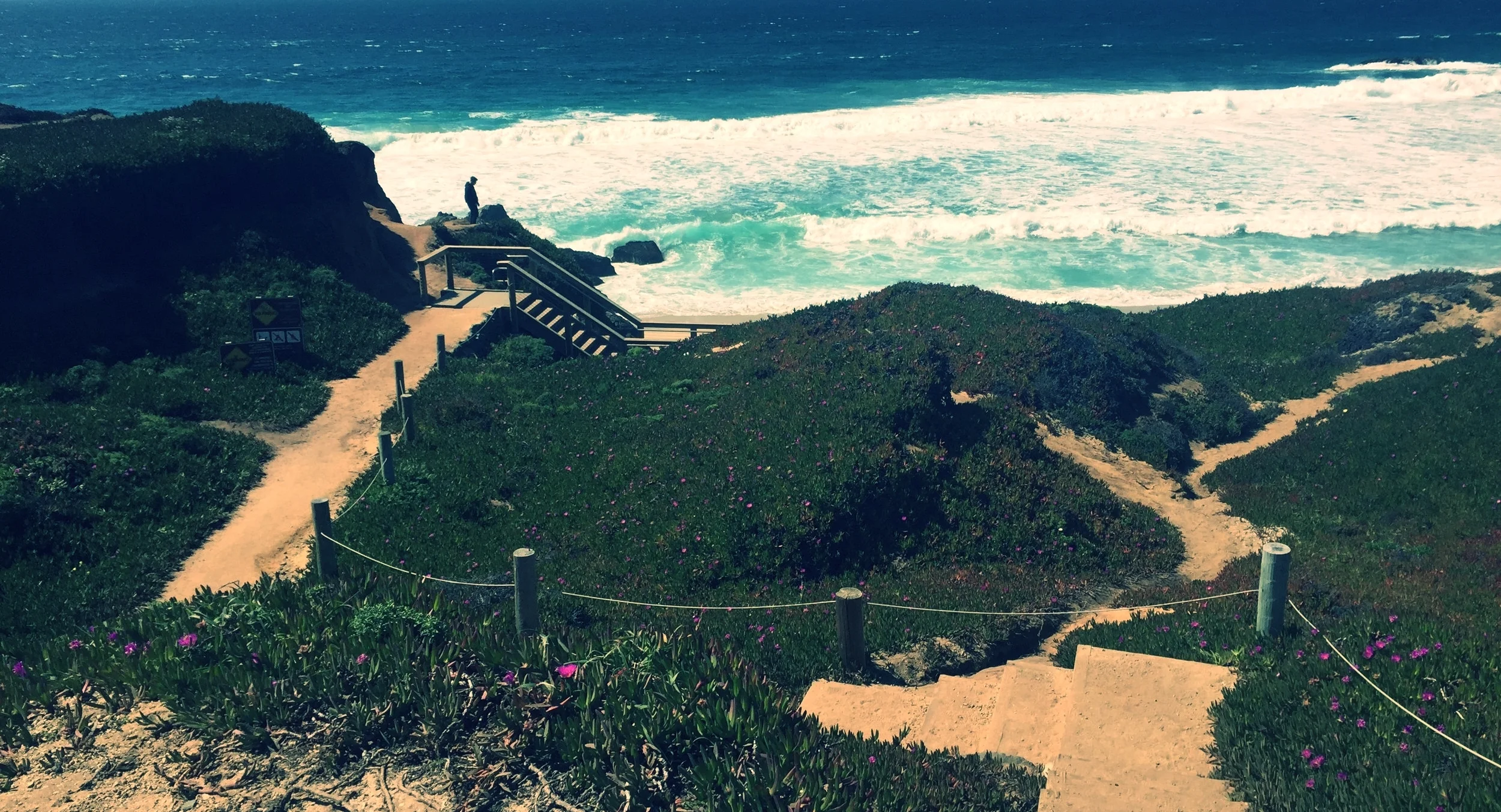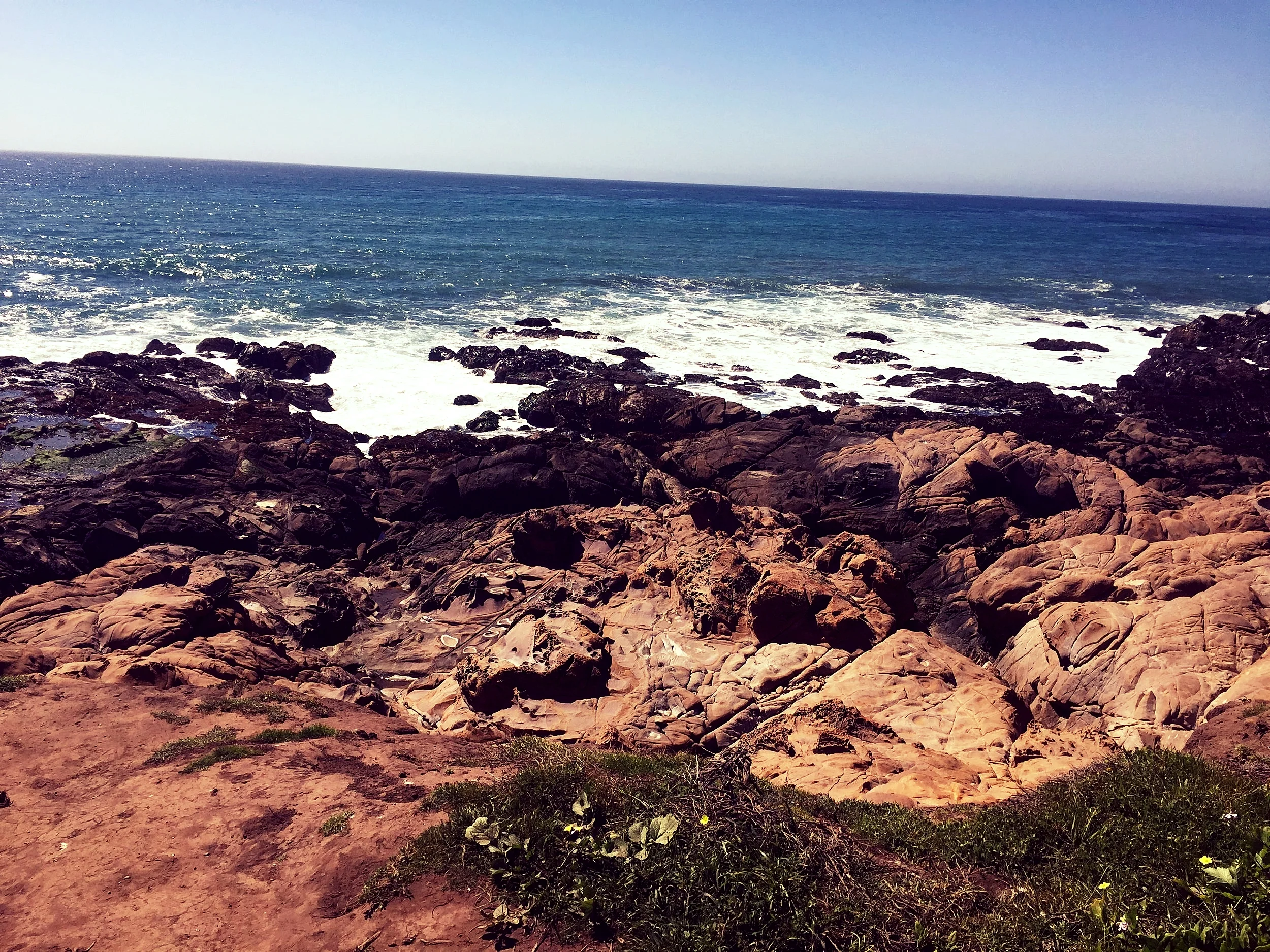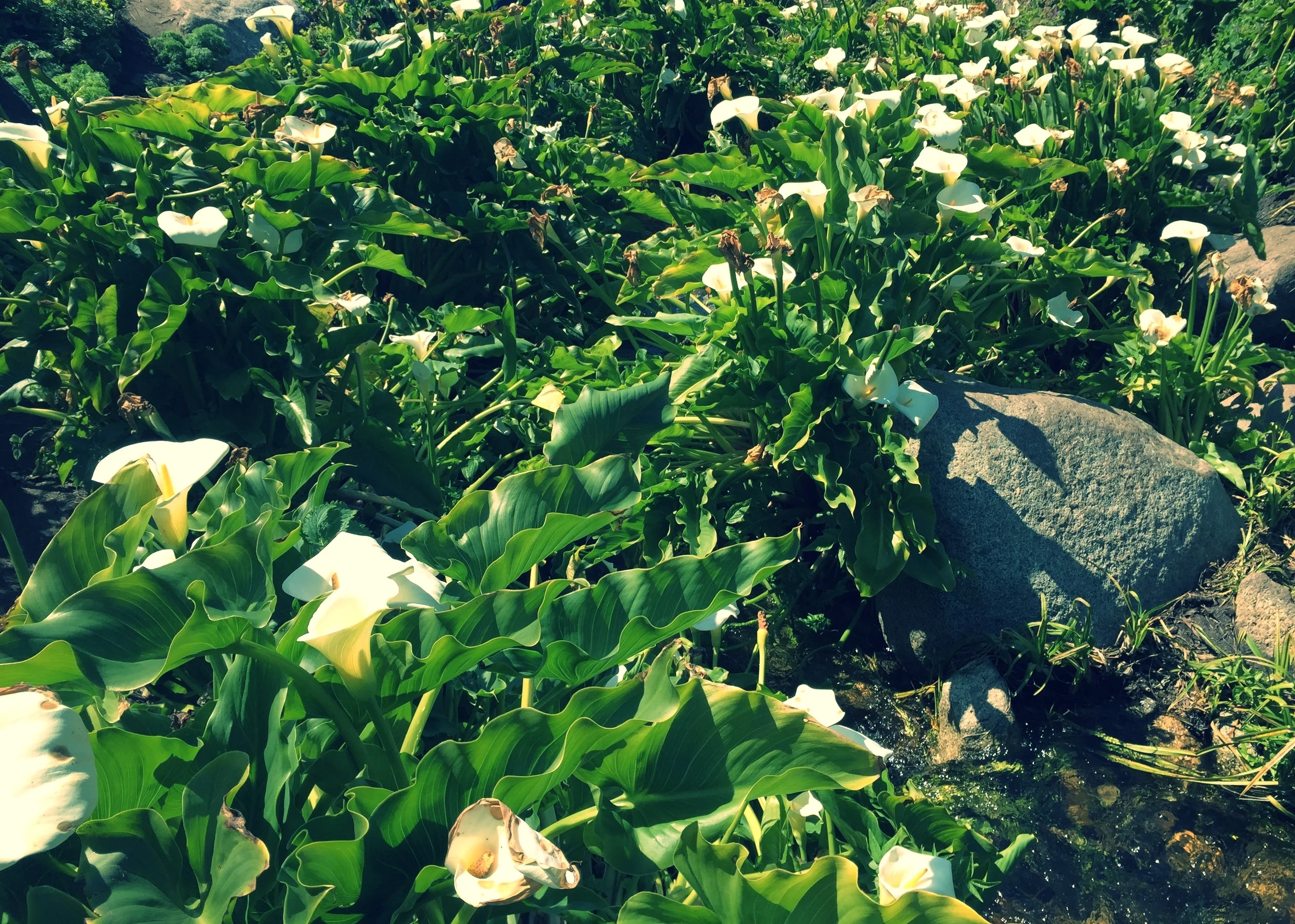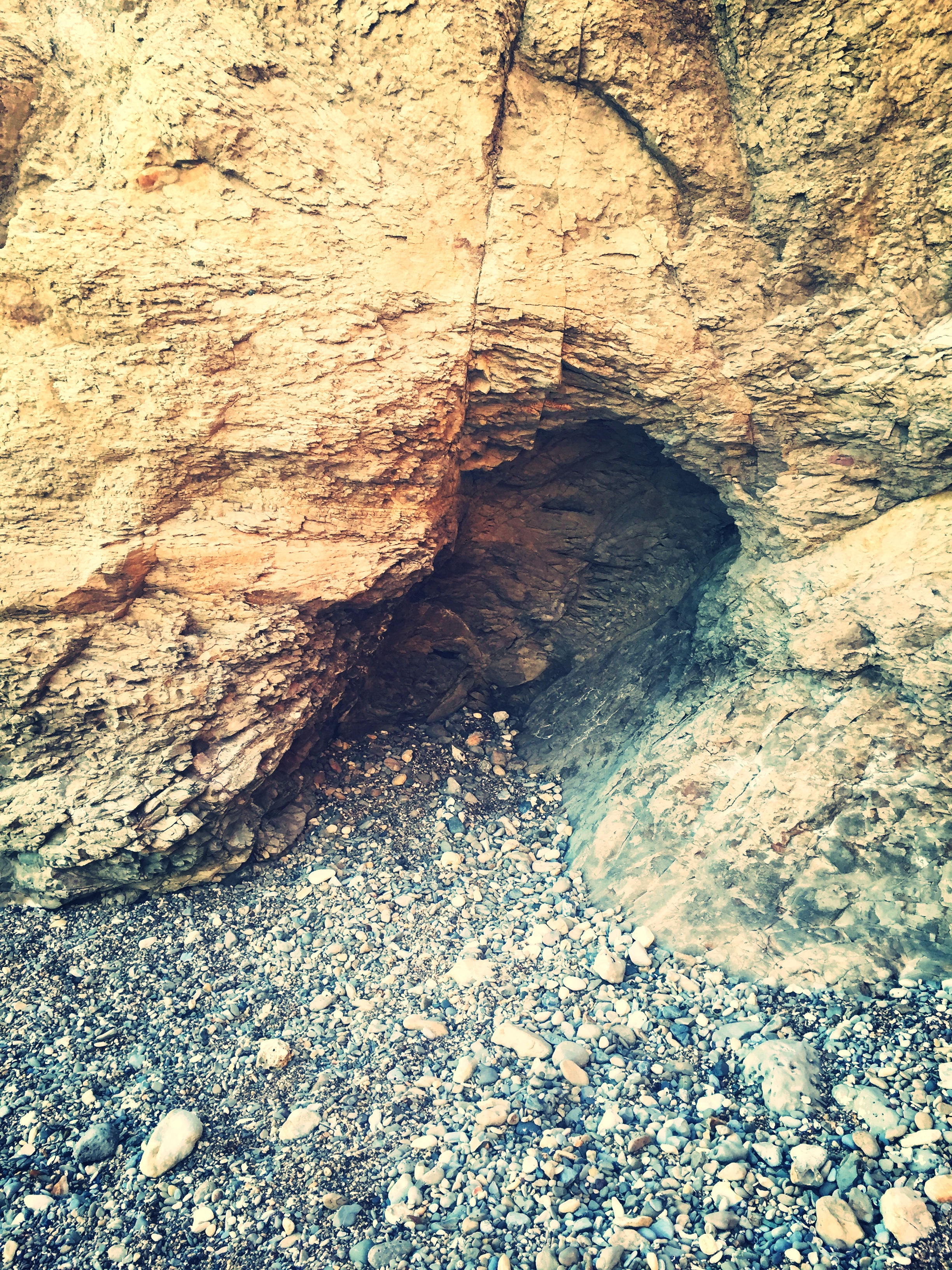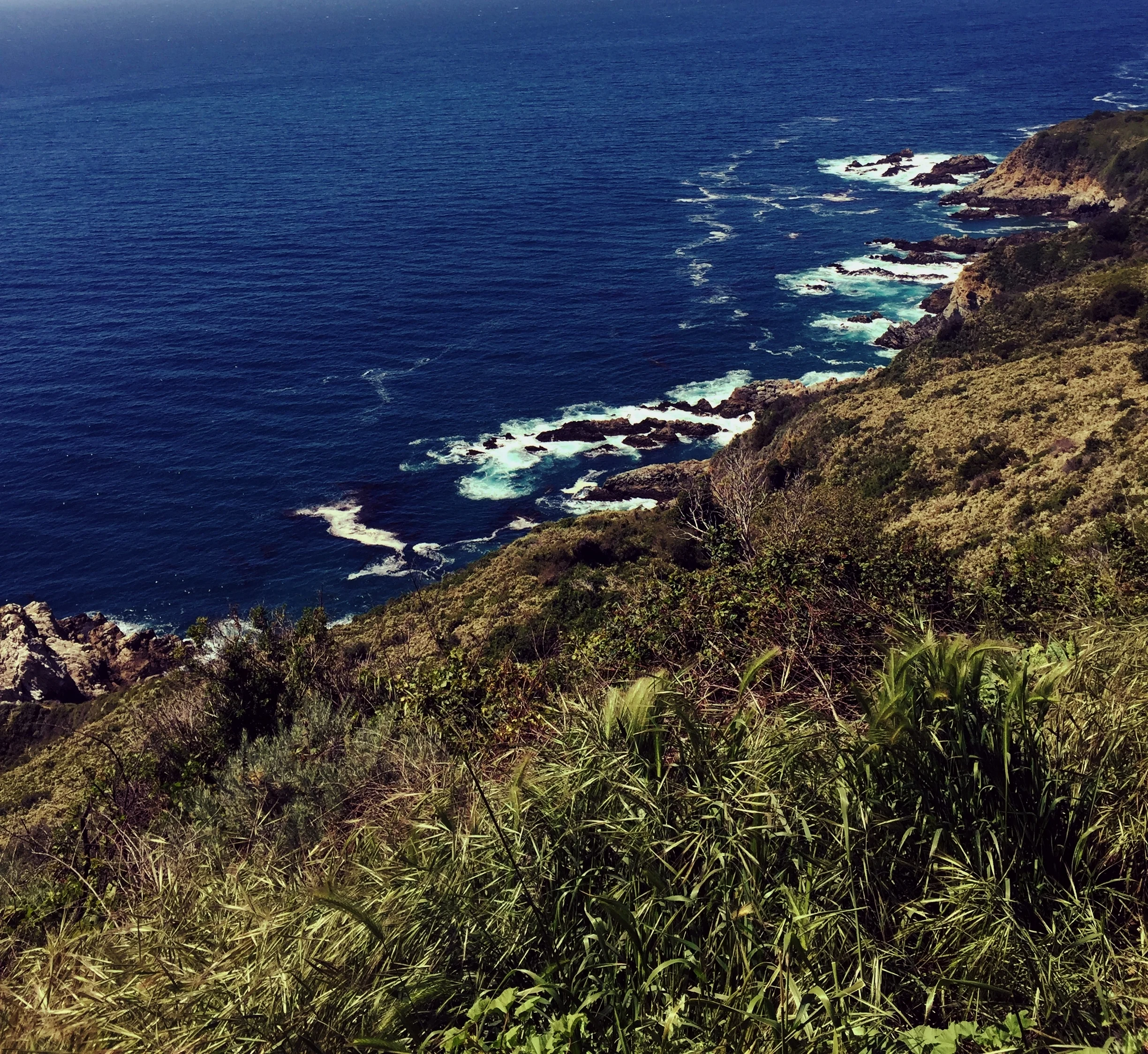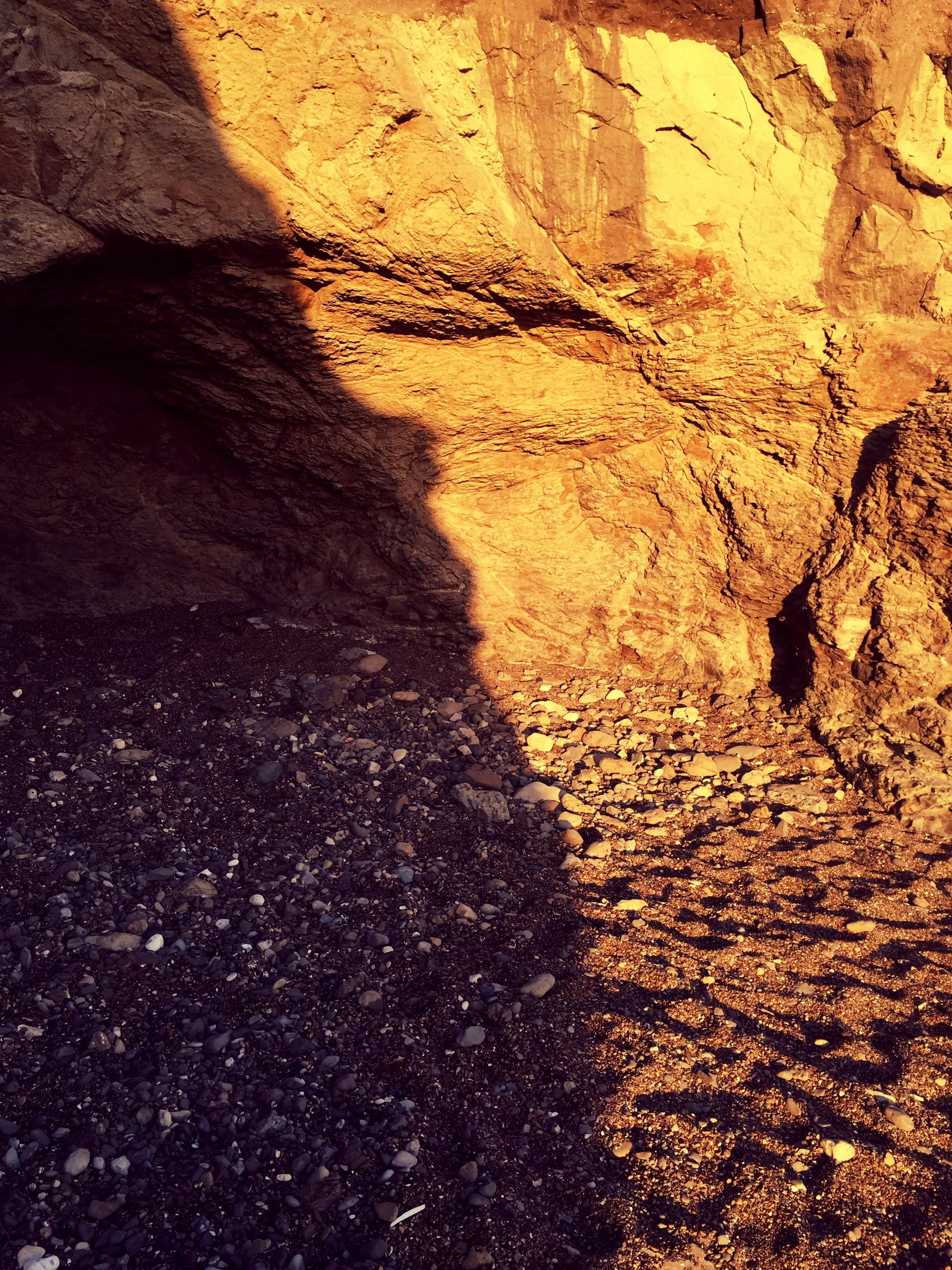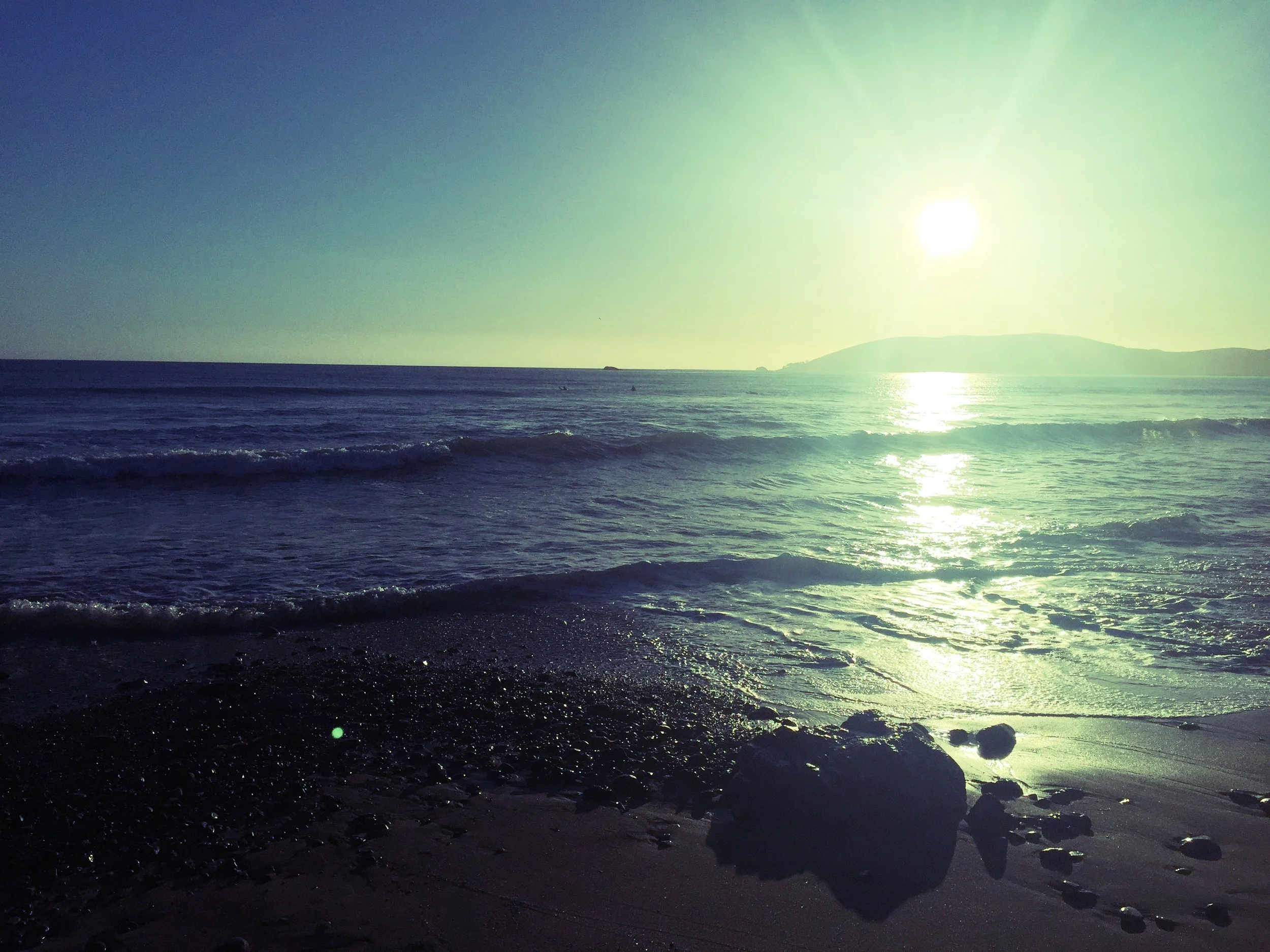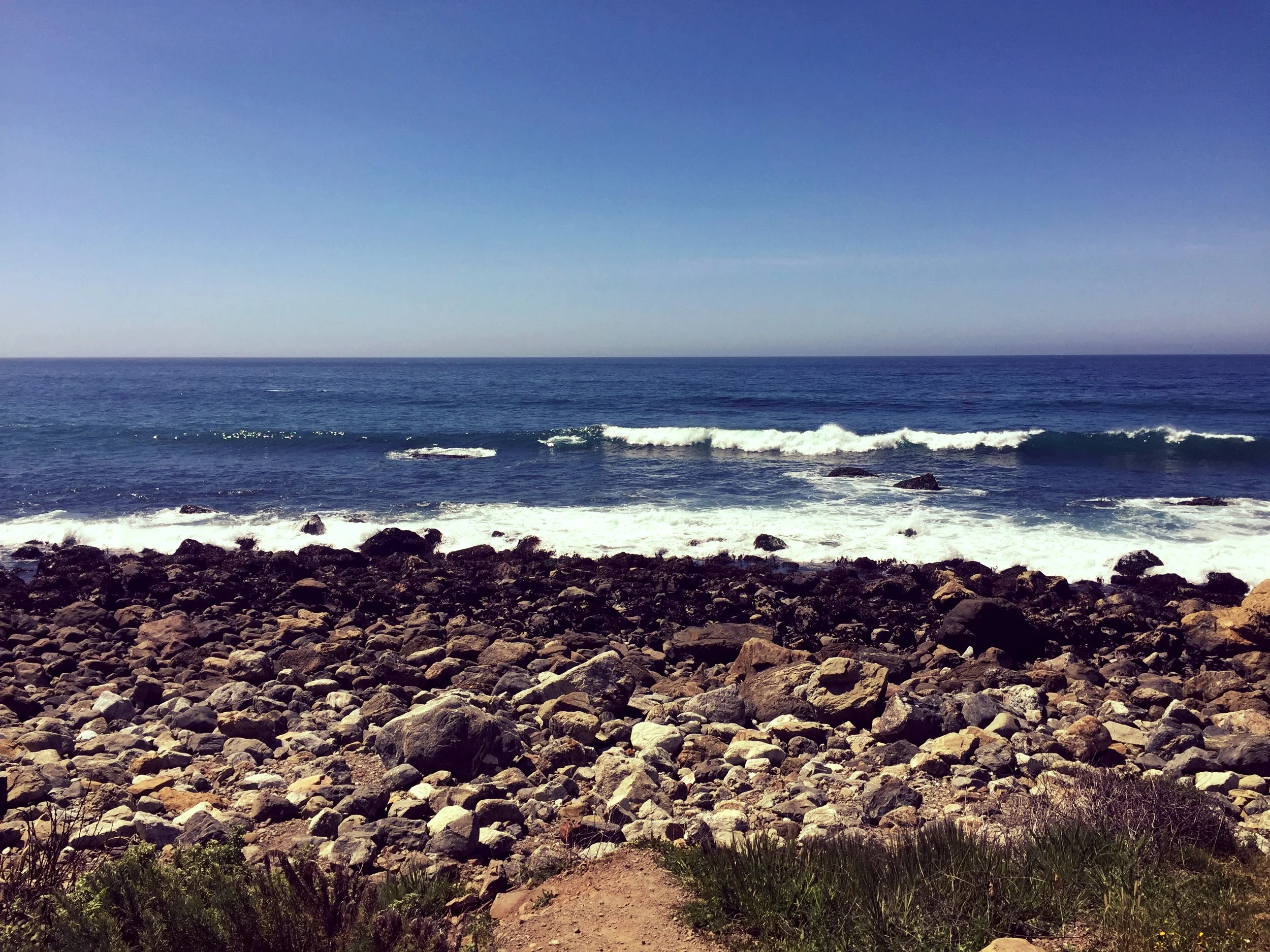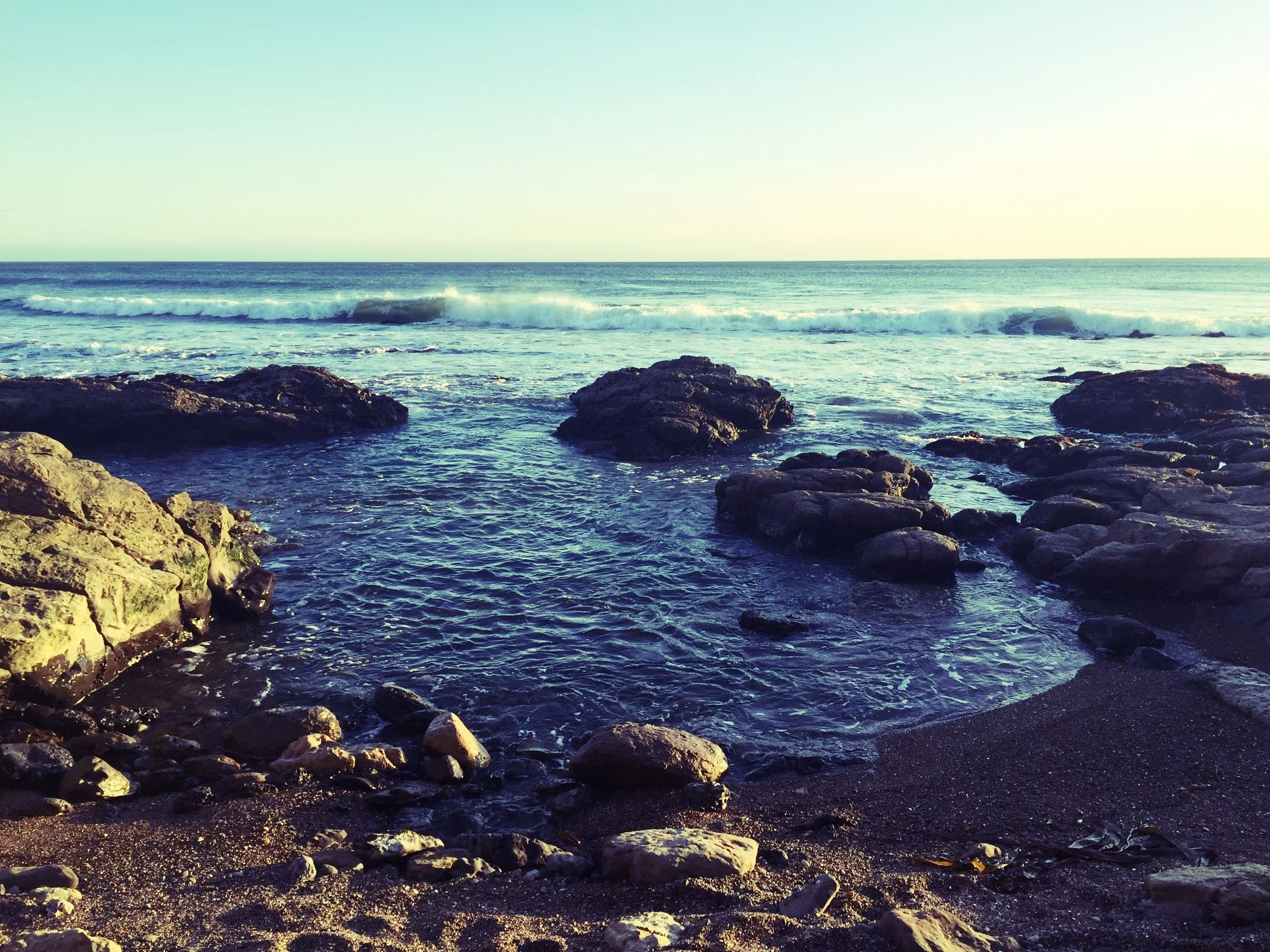The ‘A’ in LGBTQIA+ stands for aromantic, asexual, and agender. (…) I often joke that, being all three, I am a void, a black hole.
Asexuality and Me
On the internet, many of the asexuals I’ve come across have been white. And while I appreciate that they are out there, it’s hard to relate to them. A white asexual person will never understand my struggle as a black asexual person.
"Meaningless Sex"
For me, having sex never completes me. On the contrary, it usually makes me feel worthless, even when I’ve had sex consensually.
Omophagia
Poetry by Shastra Deo.
On Being Asexual and Kinky
But… how could I be asexual and a fetishist? Aren’t those two things completely in conflict with one another?
On Shedding Shame: Embracing My Asexuality
Asexuality is such a valuable way to experience and navigate human connection, and I now know much better than to feel otherwise.
Speaking Sex: Asexual Perspectives on the Language of Sexuality
All this and more occurs in the very moment I negotiate with the culture and structure that defines my absence-identity – in sex.
Pride and Prejudice
I couldn’t think, speak, or move. I’ve rejected him three times, but three times was not enough for him.
Asexual Community Participation: How Often? Why? Why not?
Brian Fink, PhD examines asexual community participation and identifies the reasons why asexuals do or do not participate in communities, both online and offline.
Dear Sex Ed
A letter by Gretchen Turonek.
The "Threat" of Sex
Sex can be a weapon – a dagger that can leave wounds that will never fully heal.
My Waking Up
We grew up hearing that we had to admire and aspire to be with these alluring people, so that we could have sex with them and have nice children: “hay que mejorar la raza.”
Space for Aces: Finding a Home in a Sexual World
Asexual is one such label which has met with misrepresentations — perpetuated in medicine, the law, and popular media — due to both the lack of a strict definition and a pervasive “sexual assumption.”
Initiation
Poetry by Steph Keahey.
Summer Camp
Performance Poetry by S.J. Waring.
Spectrum
Art by Elyse Jones.
Vol. 2, Issue 1: Asexuality and Sex
For our Sex issue, The Asexual invites writers and artists under the ace umbrella to explore the intersections of the sexual and asexual.
Beyond Sex: The Multi-Layered Model of Attraction
Coming of age, I knew I was gay. But, something always felt... different.
Free Toy Included
Growing up as a second-generation Chinese Australian, I was constantly learning that the norm was actually just my norm.

